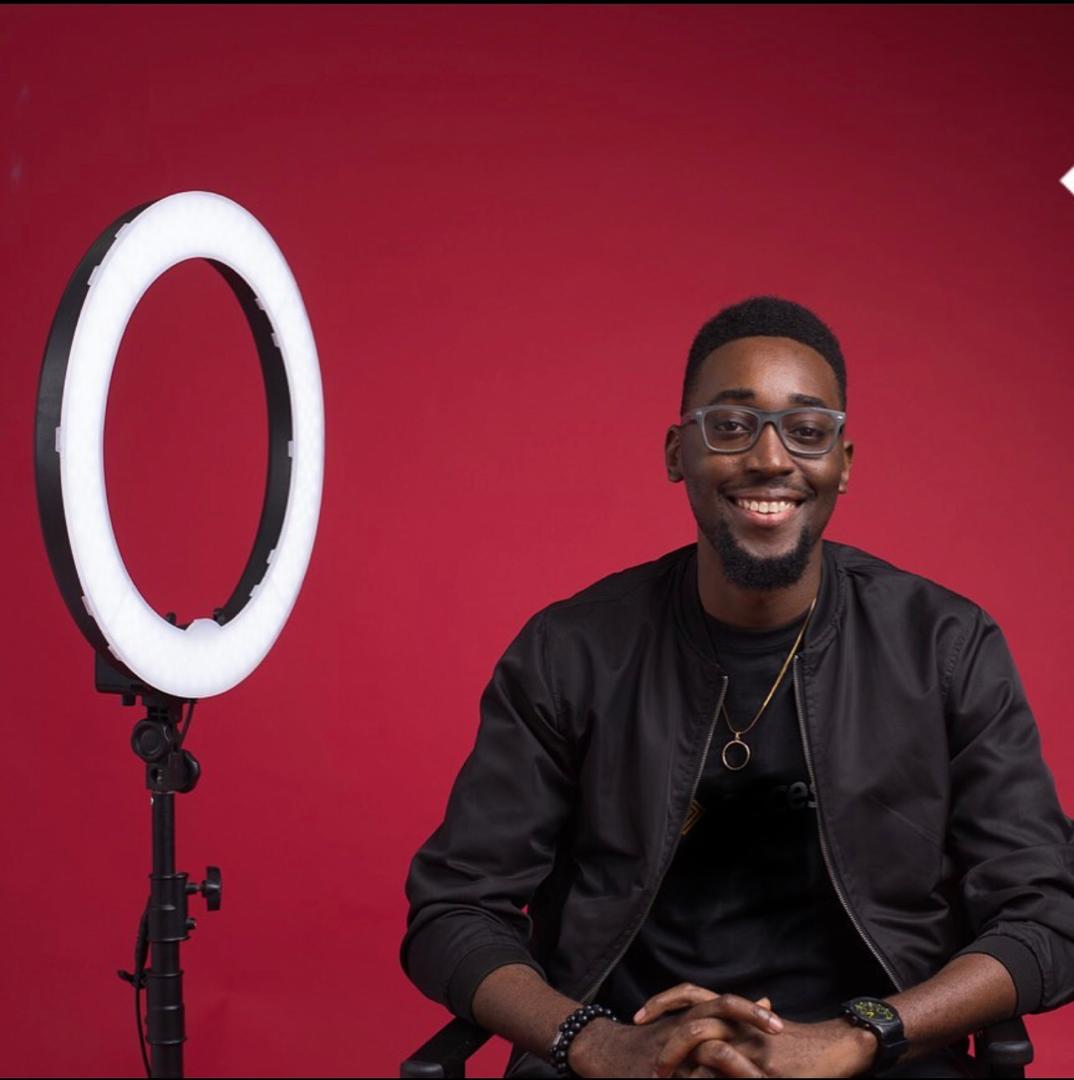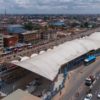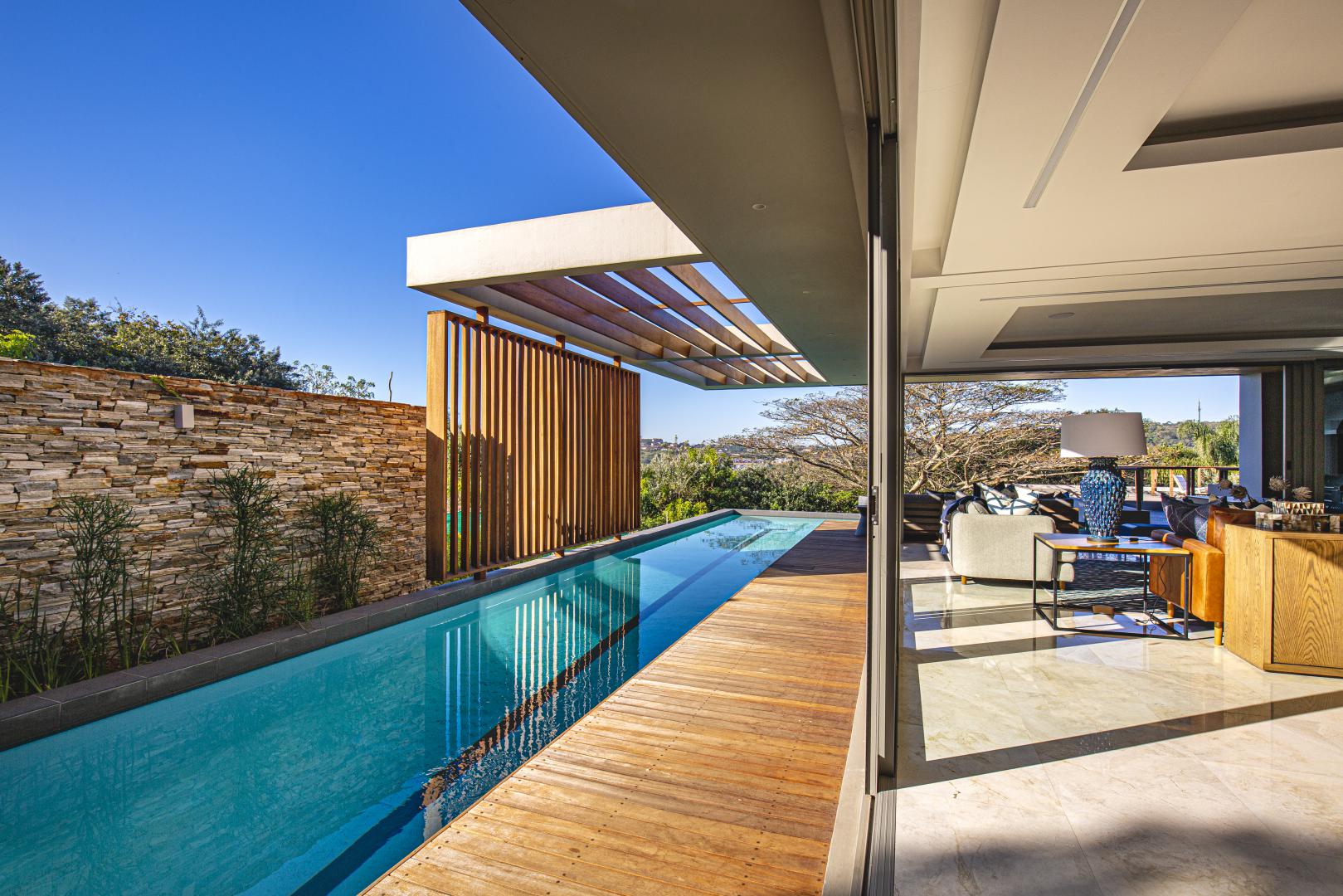Livinspaces sat with the founder and host of Africa Design Radio, Chibueze Ewuzie. We unpacked the inspiration and importance of the initiative. He also outlined the collaborative nature of ADR and plans for its collective future.
What is design activism and what compelled you to become one?
ANS: Activism by definition is about action used to bring about change and I believe that it is my responsibility to participate in governance and create social impact using the resources that are available to me. So whether it’s about design, unemployment, poverty, affordable housing, or quality education; I believe I can contribute to the overall development of my country.
My experience as a fresh architecture graduate, confused about how to start his career and make a difference in society, informed my decision to help other students and young professionals to make sense of the industry that they hope to operate or already operate in.
This clarity is critical to the development of our country and the continent because we need highly skilled professionals in the industry, leading the charge for positive change.
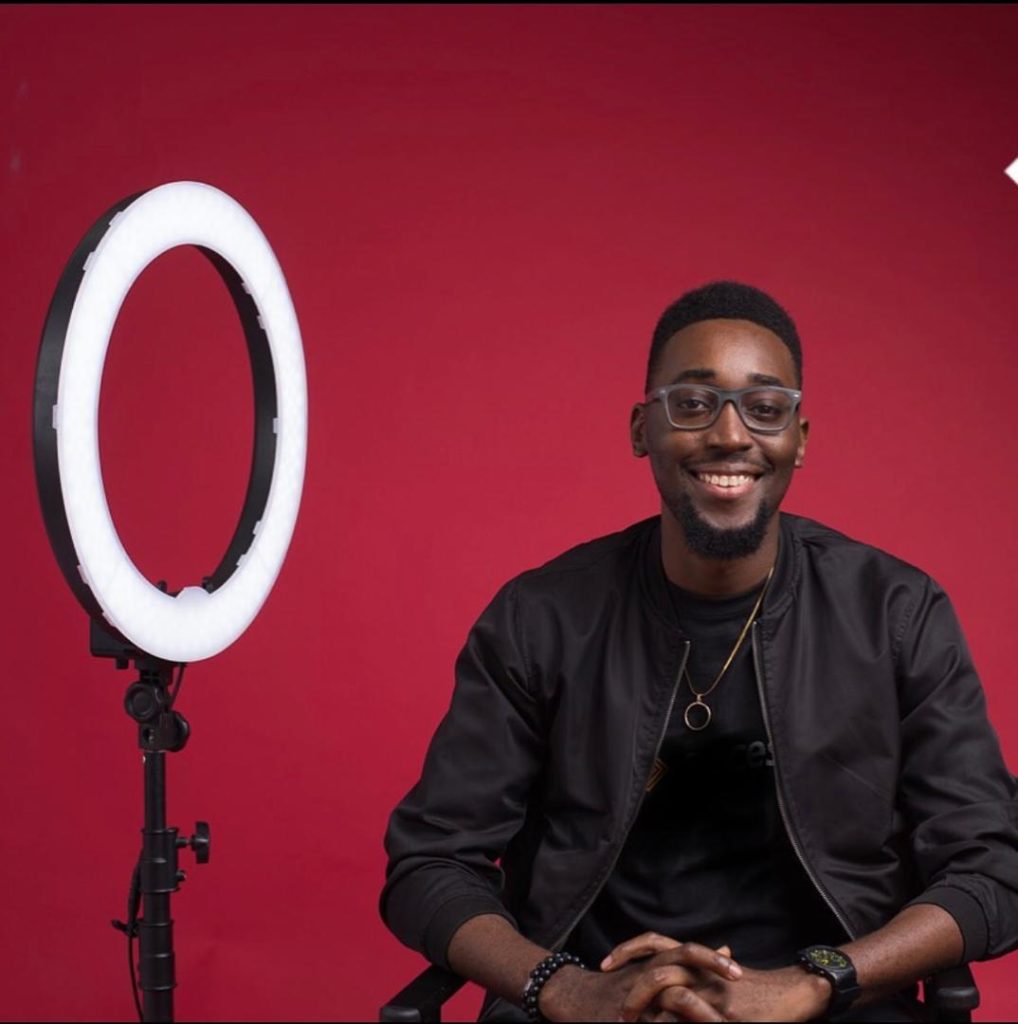
Please tell us about African Design Radio – the why, the when, the how.
ANS: Africa Design Radio was created to fill a knowledge gap in the design industry. This gap isn’t limited to architecture, interior design or furniture design (most recognizable expressions of design within Africa). The radio sheds light on how design can be a tool to proffer solutions to Africa’s social-cultural and economic problems.
The intention is to facilitate a knowledge transfer from notable professionals and personalities in the industry to upcoming professionals and enthusiasts. They have been limited by the slow and almost stagnant evolution of design education in Africa.
It raises awareness of the things that need to change the situation through interviews and discussions. Using a podcast as the medium to do this work was arrived at because of its ability to reach an unlimited number of people. This regardless of the people’s geographic location, cost-effectively.
Now more than ever is the time for such an initiative. The curriculum in most tertiary institutions across Nigeria for instance, has grown stale over the past decade or more. This has come under intense criticism by students and industry practitioners alike, due to access through globalization to information technology and current practices in other parts of the world.
There is a quote by William Langewiesche, that “so much of who we are is who we’ve been” – would you say your history working in the banking industry, as well as your role in YALI and other initiatives, like DesignLab, influenced your desire to start ADR. If so, which one had the most impact and why?
ANS: I think all these experiences that were mentioned play significant roles in the birth and execution of Africa Design Radio. Anyone can birth a great idea but not everyone can execute those ideas effectively.
Therefore, the ability to run the affairs of the podcast is partly attributed to other professional and social experiences. One thing that I will say that has influenced me is my willingness to learn and observe, and it has served me well.
What’s the importance of an initiative like Africa Design radio in today’s design ecosystem? Is there any particular problem you’re trying to solve, or any perception you’re trying to change?
ANS: The educational system globally is evolving at such a rapid pace that it is troubling how far behind Africa is to it. A shining example is the reaction of schools in Nigeria to the COVID-19 pandemic. It resulted in them shutting down fully to limit the spread of the virus. Our contemporaries across the globe quickly moved on through remote learning, while we sat idle with no end in sight for the pandemic to be over so we can resume schools again. It’s insane when you think about it.
A lot of design programs across the country have become stale and thus are qualifying for redundant graduates. The programs disconnected these graduates from the current demands of the industry. The learning culture and its underlying rituals and processes have not changed over the past 50 years. This is one of our major flaws in design education.
Higher Institutions are struggling to keep up with issues that have transformed design practice in other parts of the world. A trend that has limited our graduates from advanced information and marketplaces presented by globalization. This trend rather has diminished their knowledge. Thus, we need to realize these issues and urgently seek pathways to make the changes. So, part of our goal is to raise awareness of such issues.
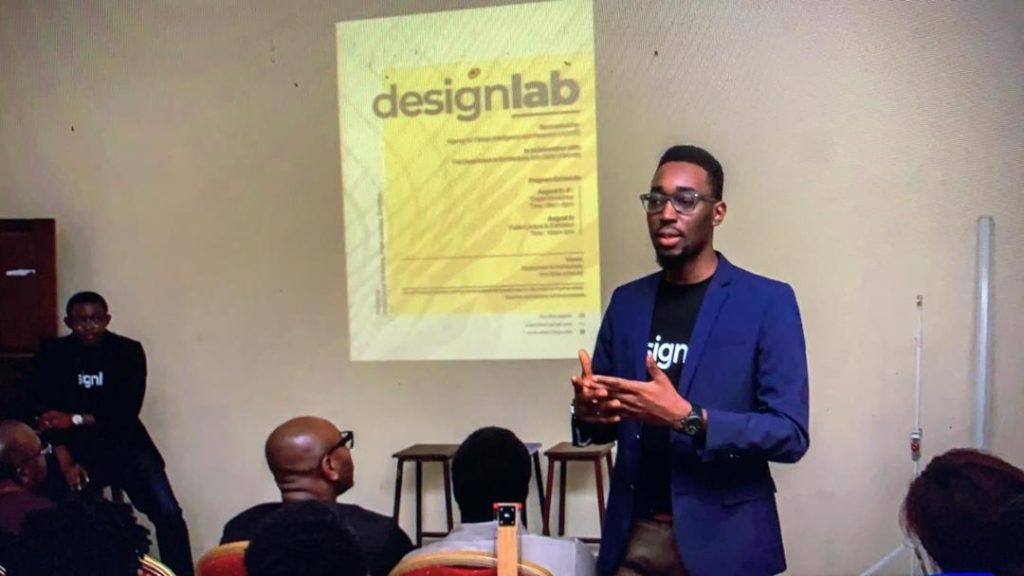
12 episodes in, what has the experience been so far – and what would you say are the highlights of those episodes?
ANS: I started this initiative knowing I couldn’t do it alone. In fact, collaboration is a major pillar that holds Africa Design Radio together. Therefore, one highlight of the podcast so far has been our collaboration with the Cultural Intellectual Association, Lagos, and The Mbari Uno hub.
The CIA, Lagos is an NGO that seeks holistic solutions to Nigeria’s development challenges using design and clear thinking. As soon as they found out about the podcast they quickly formed a caucus that integrated the efforts of the CIA Lagos with that of the podcast. This happened before we even released an episode.
Worthy of mention are the members of that group which include Koku Konu, James Inedu-George, Ade Shokunbi, and Tosin Oshinowo. These practitioners also continue to provide support and guidance to the initiative.
Also, The Mbari Uno hub through its co-founder, Chuma Anagbado. He has been invaluable in providing strategic direction to the initiative. Thus, fulfilling its mandate to use design to build human capacity and social impact. We recently released episode 10 and 11 of the podcast, so please check it out.
Are there any misconceptions as to the nature of ADR, and what it stands for or represent?
ANS: I don’t think there are any misconceptions about us because the vision is clear. Our collaborators understand our vision and will put resources together to see us actualize it. People will feel our impact a lot more when the beneficiaries appreciate how our efforts tie into their personal and collective goals.
Being a podcast that covers the different facets of design, how can the AEC professionals’ benefit from other industry creatives being interviewed?
ANS: This is a very good question because we’ve always favoured an interdisciplinary approach to design education. Every creative or creative discipline leverages the same principles that govern design. These principles are balance, rhythm, pattern, emphasis, contrast, unity, and movement.
Therefore, regardless of the expertise of our guest on the show, the techniques and ideologies that they teach resonate across a very broad scope of professionals in the industry. This is shown through a diverse array of guests skilful in fields. Fields such as music, fashion, safety, poetry, architecture, and furniture design, to mention a few.
What is the most important aspect of ADR – what makes ADR special?
ANS: Our vision to take African-inspired solutions, products, techniques, and ideologies to the mainstream. We would educate young professionals using digital media through collaborations.
We came across some of ADR’s promotional materials and noticed these words – Explore. Learn. Create – we’d like you to help us understand them better considering ADR’s vision and mission. When you say “learn” is it from a perspective of Africans learning about themselves, or the rest of the world learning about African designs or both?
ANS: There is a common misconception that products characterize the design. Whereas design is the process of problem-solving and seeking opportunity. By the nature of these activities, continuous iterations are necessary to achieve desired results. These results are only possible through the ability to learn, unlearn, and relearn.
So when we talk about learning, we are referring to learning about ourselves as Africans. It helps us understand the world better and so the world can understand us in turn. The content we put out applies to any individual who has a stake in Africa and wants to see it develop through design.
There seems to be a lack of self-awareness, a knowledge gap in the African design sphere. Do you think ADR will help Africans – and the rest of the world – become more aware and in tune with design realities in Africa?
ANS: Africa has suffered from a lack of innovation in the way design is being taught in our tertiary institutions and practised. This has impeded the overall growth of the industry. Over time, we’ve seen the unimaginative focus of the industry in vertical markets. This is present in architecture, engineering, and construction (AEC). Even there, the quality of education administered in our universities hasn’t risen to the level of global innovation.
Africa Desgin Radio plans to bridge that knowledge gap by exposing new ways of doing things. It would also expose other markets where opportunities lie. Markets such as design journalism, digital illustration, product design, and architectural photography, etc.
What do you believe are the factor(s) responsible for this knowledge gap?
ANS: There are so many issues plaguing our educational system. That’s an entire conversation on its own. For the sake of this interview, I’d say poor funding, lack of infrastructure and corruption.
Do you believe it is rather paradoxical that Africans are only in present times learning about African design? One would imagine that “we would know ourselves”
ANS: I think we’ve allowed everyone else but us to tell our stories for so long. There’s a “cultural inertia” that has held us back for decades for many reasons. We’ve only just started to take our power back. It is only through continuous education that we can spread this awareness of our cultural identity. We must do it through unconventional means, and this is where ADR plays a small but significant part.
Why do you believe discourse on design in Africa is important? What would keep the listeners engaged, and how would these conversations shape the future of Africa?
ANS: We’ve established that there’s a knowledge gap and there’s a need to educate more people. This would improve the development outcomes of the continent. We must also do it in a way that today’s generation can understand. It ensures that the message passed is effective and spurs action. Exploring alternative mediums of education and passing the message is what Africa Design Radio is all about.
We teach without being obvious about it and thus we use conversations, panel sessions, poetry and spoken word. This, amongst other forms, to educate the younger generation of design professionals.
Our pages on social media are awash with many opportunities, such as design competitions, scholarships, grants, webinars. These can help design professionals become better at what they do. We are without a doubt deliberate on desirable development outcomes for Africa and Africans.
There is a consensus within the industry that collaboration is a powerful driver of growth. What are your views on this, and is ADR currently collaborating with any other initiatives or organizations – and in what capacity?
ANS: I spoke earlier about the importance of collaboration for African Design Radio to do what we do. Therefore, the message I would like to send to everyone in the industry who bears the burden of change is – we need to approach our collective problems with a communal mindset. That is when things will move in the right direction.
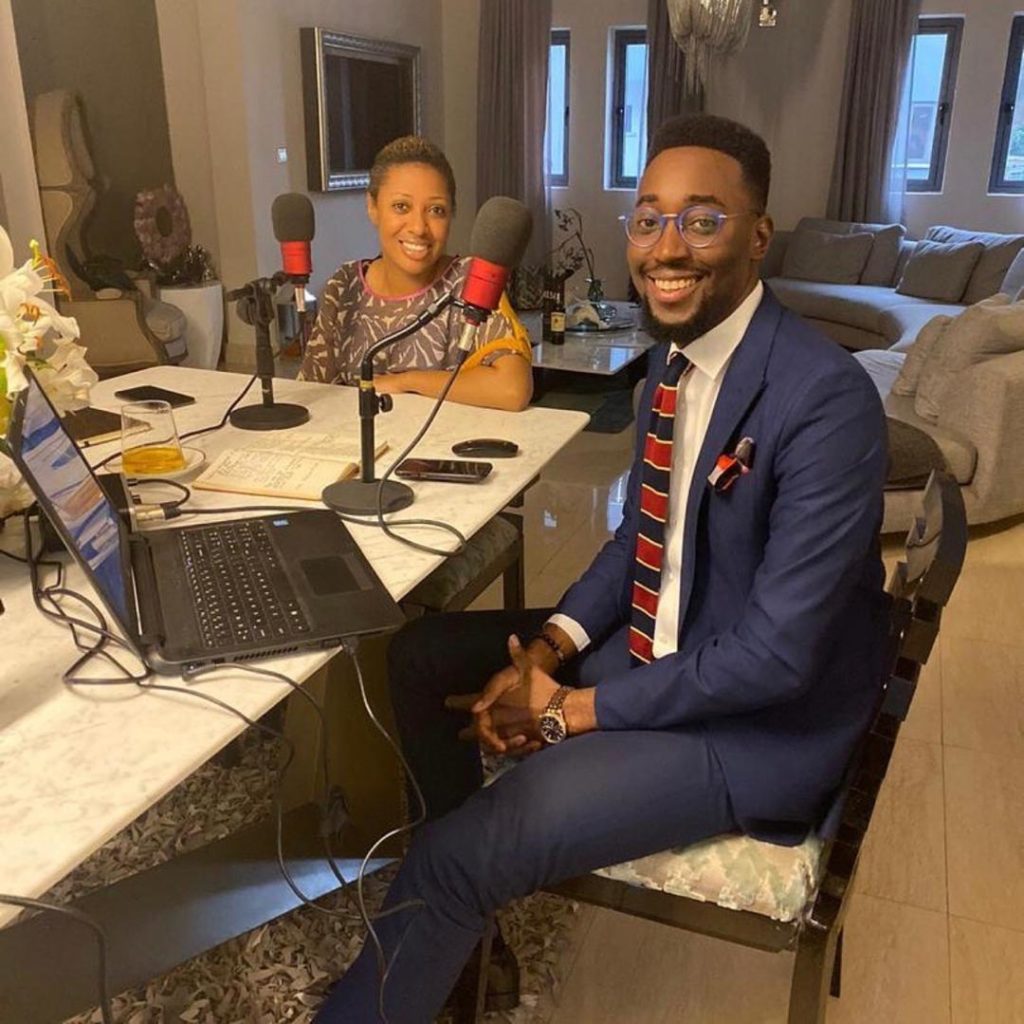
ADR lies in uncharted territory in the design ecosystem in Africa. Does this speak to the exploratory and creative nature of ADR? And what would you say is the importance of podcasts within this ecosystem?
ANS: I think the way we’ve gone about the podcast speaks to our creativity. I started to solve the problem of poorly trained professionals by setting up a free design training boot camp called DesignLab by Adire. I did this with my friend Obinna Ogunedo, where we taught students of our alma mater advanced digital tools. We also taught soft skills that can aid their transition into the workplace.
The model for this program restricted us to one location (tertiary institution) at a time. It required significant funding to cater to planning and execution. While we are still fine-tuning that model to be more effective and far-reaching, I started the podcast to carry the same message. It reaches beneficiaries cost-effectively and unhindered by distance or geographic location. I’m excited to see how the Africa Design Radio podcast evolves, so fingers crossed.
Are there similar initiatives charting the same course as ADR in Africa?
ANS: There’s a new wave of innovation unfolding in the built industry in Nigeria and across Africa. I am so excited to witness it. More people are acknowledging the challenges that stunt our collective growth. They are putting resources together to drive the much-needed change.
Just recently, Baba Oladeji launched A3: Archives of African Architecture, a digital platform for storing architectural drawings and the likes. It enables researching for precedents to be easier and avoids design mistakes of the past. We need to become more aware of the situation in our industry as professionals. We need to assume responsibility for the issues that limit our industry from growing. Then we can cause positive change.
What, based on your assessment, is the collective future of ADR. Also for other initiatives in the design sphere that are design-focused, but not design businesses? (For example, ADR, CIA Lagos etc.)
ANS: We hope to continue churning out information that is educative and informative while growing our reach worldwide.
Which creative professional do you really look forward to having on your podcast, and why?
ANS: Recently, I was introduced to Kunle Adeyemi. I am very excited about the prospects of speaking with him about his vision for the Makoko Floating System (MFSTM). Other professionals I hope to speak to someday for diverse reasons include David Adjaye, Tokini Peterside, Ozwald Boateng, Oliver Enwonwu, Bella Disu, Ravi Naidoo and Demas Nwoko, etc.
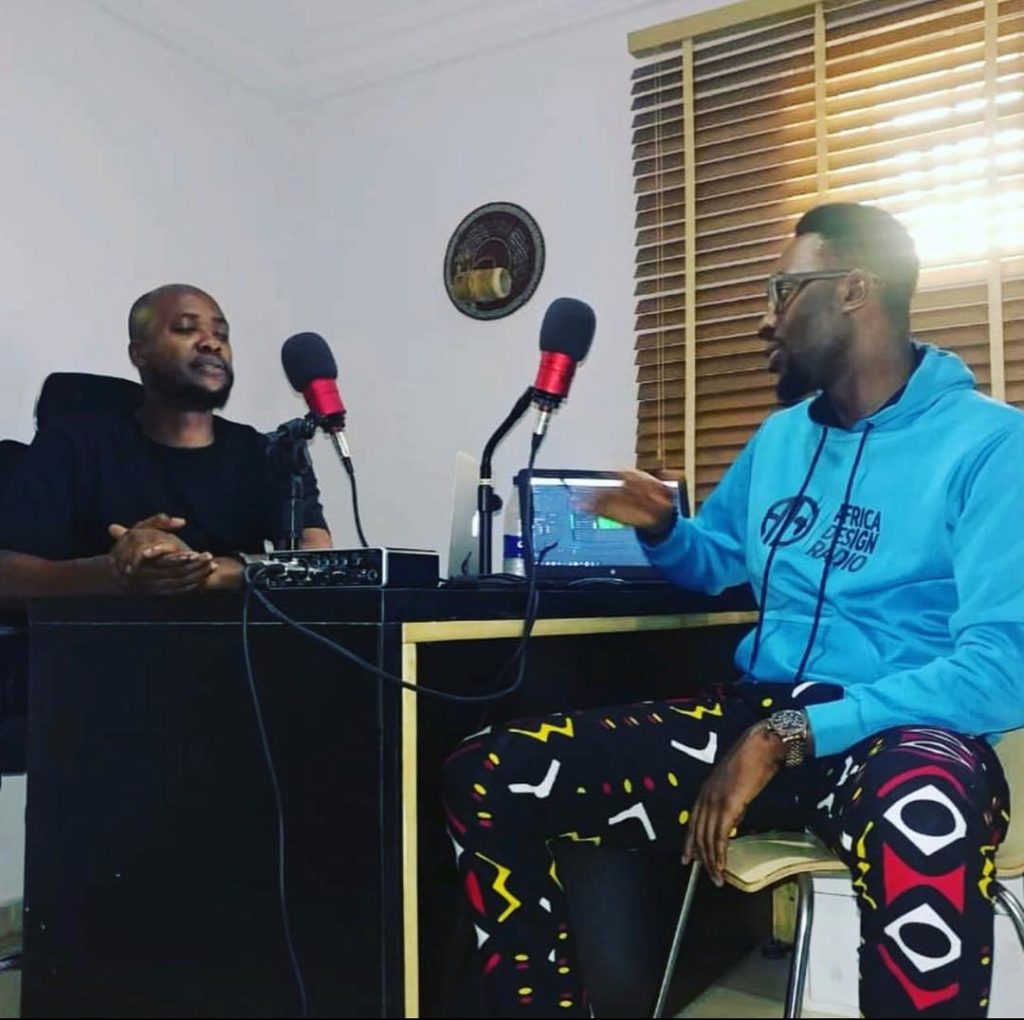
Are there personalities that you look up to while charting this course in and out of Africa?
ANS: I draw inspiration from innovators and trendsetters. People who put words to action and aren’t deterred by the current realities. They do what needs to be done to put Africa on the map.
What advice would you give to anyone hoping to start a similar initiative?
ANS: I’d ask them to start because the secret to getting ahead is getting started. Africa Design Radio was only an idea in December 2019. At the time of this interview; we’ve recorded over 900 listens. we have reached over 450 followers on Instagram, achieved 59,204 impressions, and reached 50,229 people. We need more doers and fewer critics and talkers to take on the challenge of rescuing our continent.



